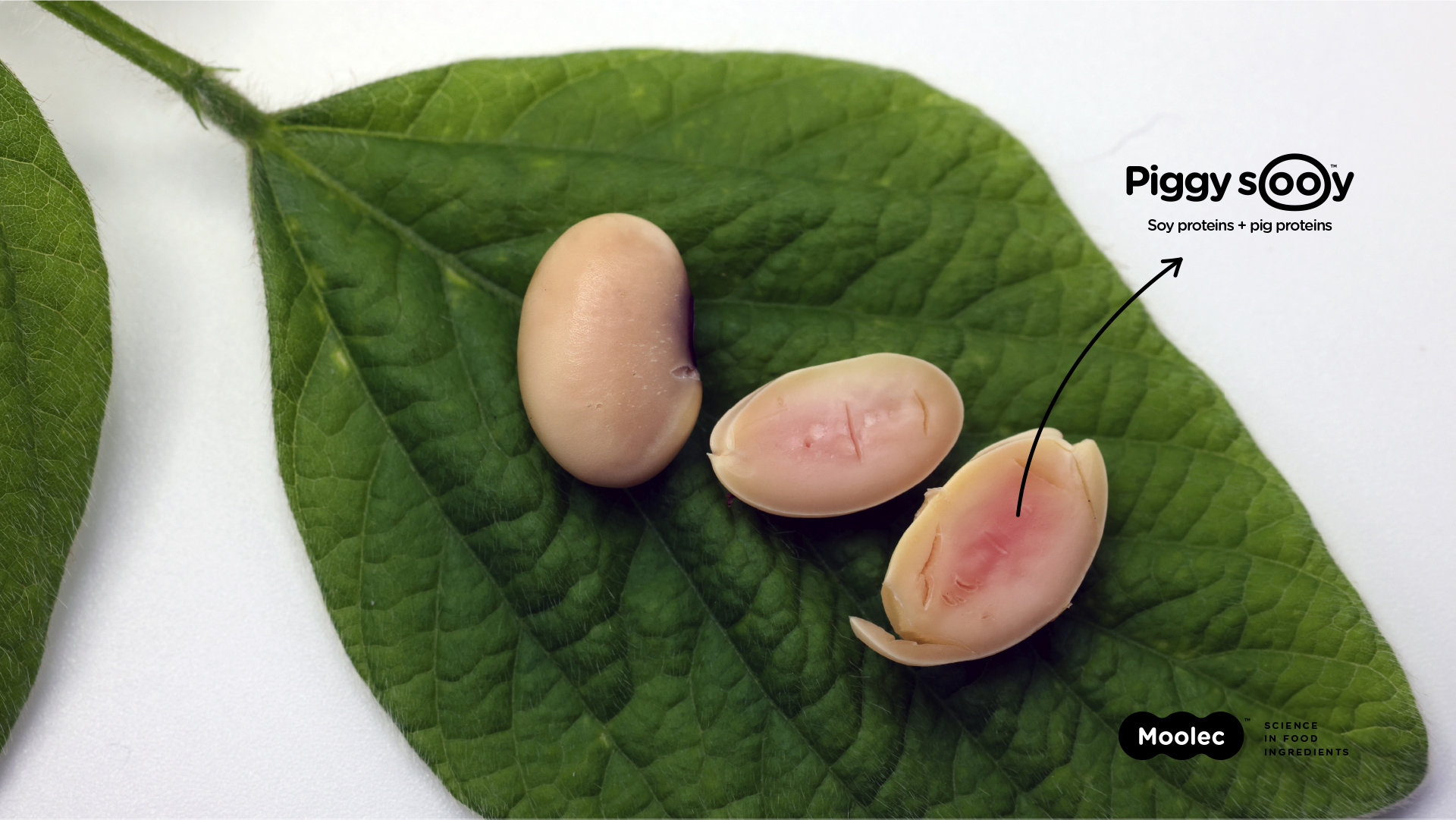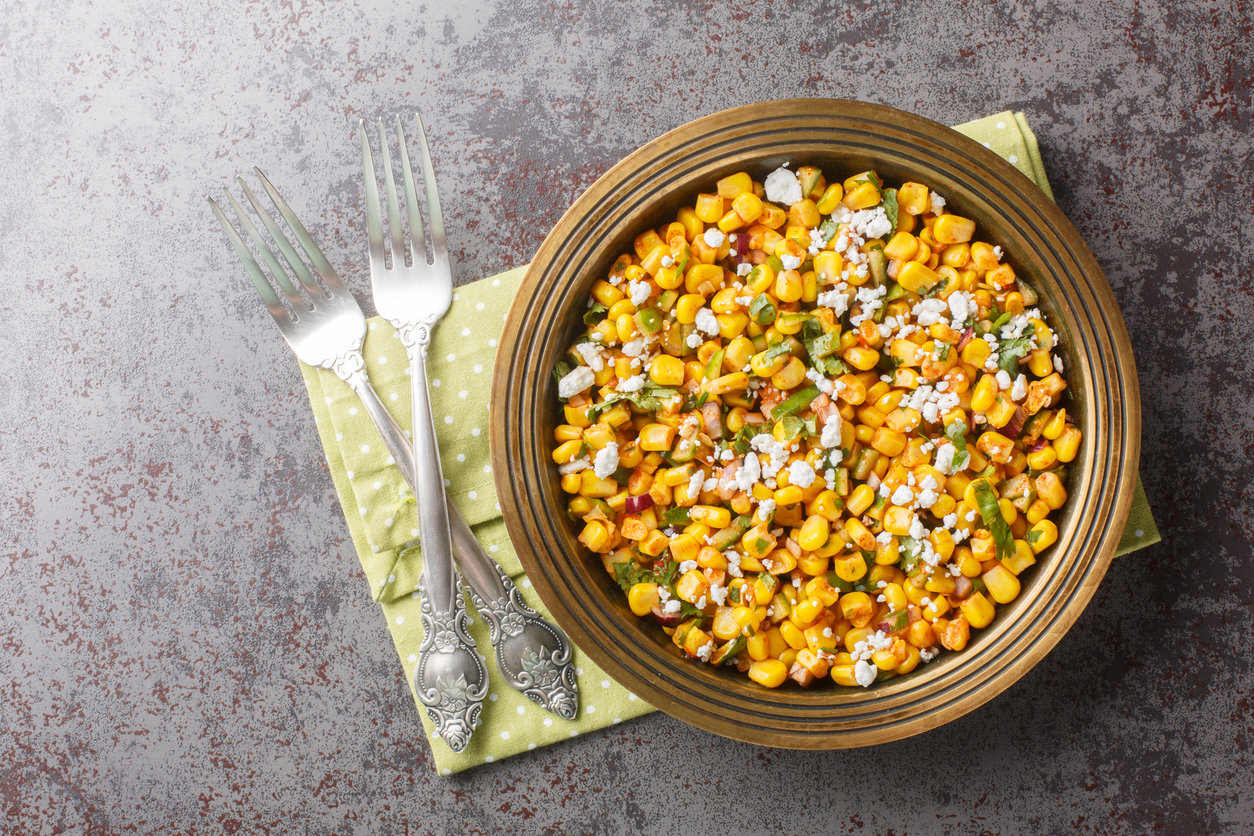Milking a Potato and More Wonders of Molecular Farming
| |
Can you make dairy from a potato?
The answer to this question may seem obvious but with the wonders of molecular farming, this question may be answered with, “Why not?”
What is molecular farming?
Plant molecular farming involves genetically modifying plants to produce substances they don't naturally create. This differs from traditional genetic modification, which focuses on enhancing agricultural traits like disease resistance or yield. Instead, molecular farming uses plants as living factories to generate valuable ingredients such as vaccines, growth factors, and even dairy proteins.
This technology has gained traction, particularly with the emergence of companies producing "animal-free" proteins through molecular farming. These companies argue that this approach offers a more sustainable, ethical, and potentially more efficient alternative to traditional animal agriculture.
Casein from potatoes
Finally Foods, a molecular farming startup based in Israel, has genetically engineered potatoes to produce real cow milk proteins known as casein. They used proprietary Artificial Intelligence (AI) engines to plan and produce casein. Instead of relying on cows to make casein, they are using potatoes as bioreactors for producing the proteins, which means lower environmental costs than conventional dairy production.

Among all dairy products, they are starting to develop cheese from potatoes, which they call ‘Finally Cheese.’
“We’ve seen what it takes to make cheese from a cow, and tasted current substitutes. We know that when we launch our casein (casein is the protein that makes cheese cheesy) we'd make a case for a new generation of plant based products that are not 'almost' or 'taste like' but finally, the real thing,” according to Finally Foods.
The first field trial is set to take place in Israel. If the results are favorable, the company will seek regulatory approval in Israel and the US.
Aside from Finally Foods, molecular farming companies are also making advances in the development of novel foods.
Soybean with pork proteins
During the ISAAA webinar titled Plate of the Future: Nutritious and Sustainable Novel Foods, Moolec Science Chief Scientific Officer Dr. Amit Dhingra talked about Piggy Sooy, a genetically engineered soybean with 26.6% pork proteins. The revolutionary product received approval from the US Department of Agriculture Animal and Plant Health Inspection Service (USDA APHIS) in April 2024 and has secured a patent on its technology. It is currently working with the United States Food and Drug Administration (FDA) to gain approval for its product.
“When you use Piggy Sooy as a meat substitute, you can get the same iron and the same color as meat. When you’re cooking it, it provides the same flavor as well… Soybean has been used as a filler, and now (with Piggy Sooy), we provide a more nutritious and more flavorful product, and that is exciting,” Dr. Dhingra shares.

Pea with beef proteins
Aside from Piggy Sooy, Moolec also developed genetically engineered pea (PEEA1) which contains iron-rich beef protein. PEEA1 contains myoglobin, a heme protein present in mammalian muscle cells responsible for oxygen storage and diffusion. It is also the protein that gives color and iron content to meat and seafood. Moolec has also received regulatory clearance for PEEA1 from the USDA APHIS in October 2024.
Meaty corn
Another molecular farming company, IngredientWerks, is harnessing the potential of plants to develop animal proteins for human health and nutrition. In 2023, IngredientWerks reported the successful production of high levels of bovine myoglobin in corn using a proprietary production platform. This led to significantly exceeding its initial target expression level of heme at 10mgs per gram of corn, a level which confers an unprecedented low cost for heme production.
“This achievement is to the alternative protein industry as is the advancement in lithium-ion battery technology to the electric vehicle market – an engine that creates quality, affordable, and sustainable value and helps drive consumer adoption,” said Matt Plavan, CEO of IngredientWerks in a press release. “By reaching these expression levels of myoglobin in corn, we believe we’ve solved three of the greatest challenges facing the alternative protein markets today – the production of high-quality, low-cost animal proteins at scale,” he added.

More healthful options
The advancements in molecular farming, with its growing roster of companies, paints an exciting picture of a future where healthier food options are not only readily available but also contribute to a more sustainable food system. This increased availability has the potential to revolutionize public health, offering solutions to nutritional deficiencies and diet-related diseases. It's a future we're all working forward to.
| Newer Post | Archive | Older Post |
Science Speaks is ISAAA Inc.'s official blog. Weekly blog articles, authored by ISAAA writers, partners, and invited contributors, aim to help share, disseminate, and promote scientific knowledge and its vital role in achieving global agricultural sustainability and development. Your support to Science Speaks will help us achieve this goal. You can help us by donating as little as $10.

